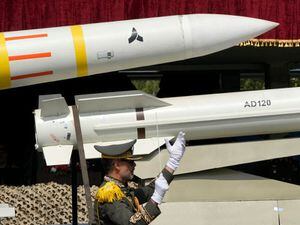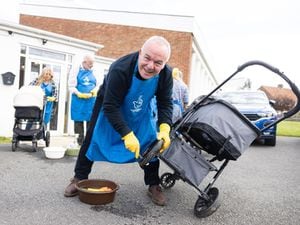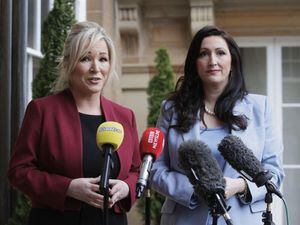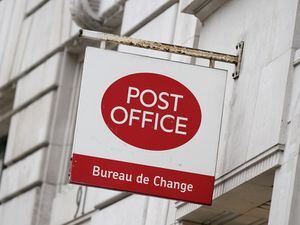What we know about the Moderna Covid-19 vaccine
The Moderna vaccine means that the UK should have at least three effective Covid-19 vaccines in use by the spring.
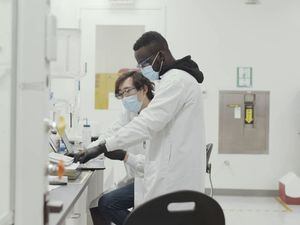
The Medicines and Healthcare products Regulatory Agency (MHRA) authorised the use of the Moderna Covid-19 vaccine, becoming the third jab to be approved in the UK.
The phase three results suggest vaccine efficacy against the disease was 94.1%, and vaccine efficacy against severe Covid-19 was 100%.
Here’s what we know about the Moderna vaccine.
– How was the trial run and what are the results?
More than 30,000 people in the US took part, from a wide range of age groups and ethnic backgrounds.
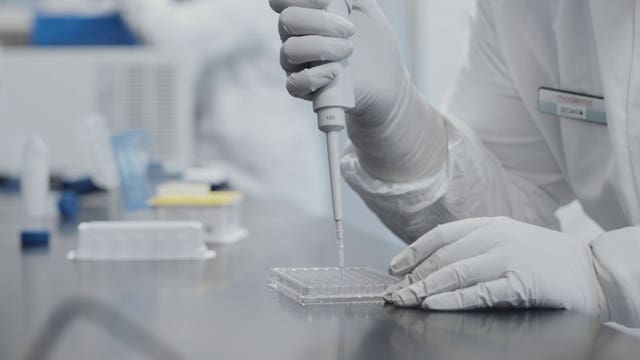
The analysis was based on 196 cases, of which 185 cases of Covid-19 were observed in the placebo group versus 11 cases observed in the active vaccine group.
Moderna also released data relating to severe cases.
All 30 severe cases occurred in the placebo group and none in the group which had received the vaccine, known currently as mRNA-1273.
– When will people in the UK get the vaccine?
The Government has bought an extra 10 million doses on top of the original deal for seven million doses of the jab, which will be enough to vaccinate about 8.5 million people.
Doses will start being delivered in the spring once Moderna expands its production capability, the Department for Health said.
The jab will be distributed in similar ways to the two vaccines which already have approval, those from Pfizer/BioNTech and Oxford/AstraZeneca, including at hospital hubs, GPs and vaccinations centres.
– How does the vaccine work?
The Moderna jab is a messenger RNA (mRNA) vaccine.
Conventional vaccines are produced using weakened forms of the virus, but mRNAs use only the virus’s genetic code.
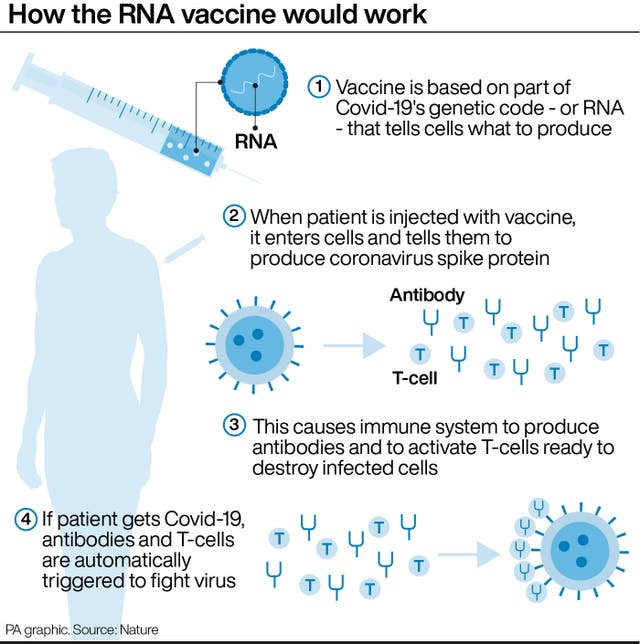
These antigens are recognised by the immune system and prepare it to fight coronavirus.
No actual virus is needed to create an mRNA vaccine.
This means the rate at which the vaccine can be produced is accelerated.
– But is the vaccine safe?
Moderna said the vaccine was generally well tolerated, with no serious safety concerns identified to date.
Severe events after the first dose included injection-site pain, and after the second dose included fatigue, myalgia (muscle pain), arthralgia (joint pain), headache, other pain and redness at the injection site.
But these were generally shortlived.
– Is the Moderna vaccine better than those from Pfizer/BioNTech or Oxford and AstraZeneca?
The UK is already rolling out the vaccines developed by Pfizer/BioNTech, and the University of Oxford with AstraZeneca.

Of 1,367 people given a half first dose of the vaccine followed by a full second dose, there was 90% protection against Covid-19 when compared with a control group of 1,374 people.
Data from Pfizer and BioNTech indicates the vaccine is 95% effective.
In December, this jab was granted approval for use in the EU.
However, it is difficult to say whether one option is better than the other, as each trial has had different protocols and they cannot be directly compared.

